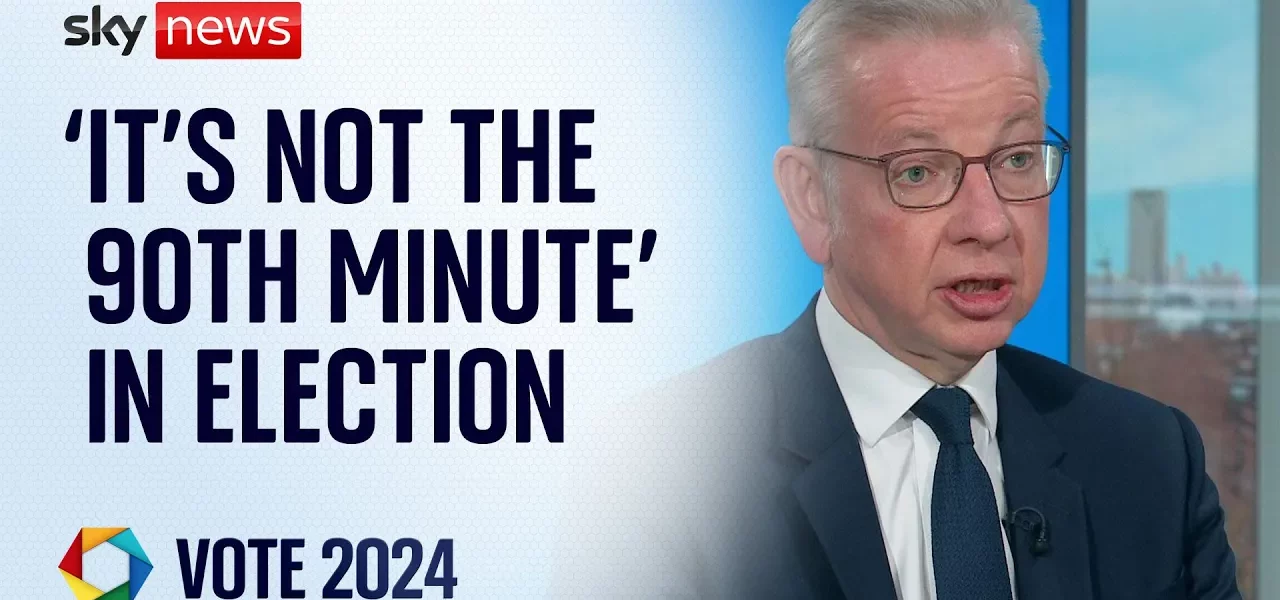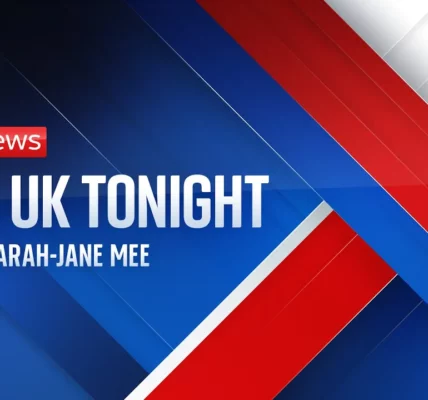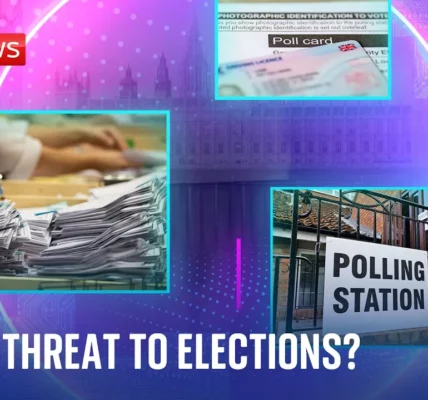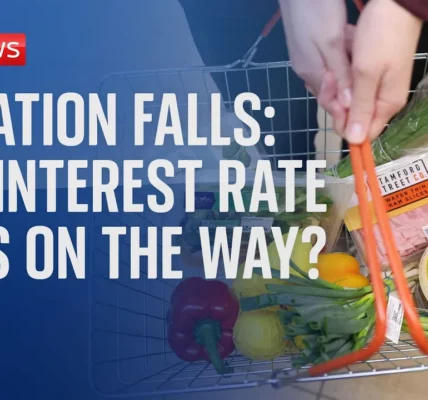Political Insights: Election Betting and Public Trust

This article explores the recent political interview addressing issues such as election betting, the importance of trust among politicians, and the current polling landscape ahead of the upcoming election. We delve deep into the implications for both the Conservative Party and the Labour Party, offering insights into voters’ choices and the future of governance in the UK.
Introduction
The political landscape is often fraught with complexities and challenges that can significantly influence public perception and voter behavior. Recent discussions have highlighted serious concerns regarding election betting practices and the implications for public trust in politicians. The involvement of individuals allegedly betting on election outcomes raises ethical questions and points to a larger issue of integrity within the political sphere. This article provides an in-depth examination of these issues, alongside a review of current polling data and its implications for the Conservative and Labour parties as they prepare for the upcoming election.
The Issue of Election Betting
The topic of election betting has garnered significant attention, particularly in light of allegations that individuals may have had insider knowledge about election dates and outcomes. This revelation has led to investigations by the Gambling Commission and the police, with serious implications for those involved.
Understanding the Allegations
Reports suggest that at least two individuals, along with a police officer, are under scrutiny for their betting activities. This raises questions about the ethical boundaries of political engagement and the potential for exploitation of privileged information. Key points include:
- Allegations of insider knowledge regarding election timings.
- Investigations led by the Gambling Commission and police.
- Potential legal ramifications for those involved.
Consequences for Public Trust
Public trust is a cornerstone of democratic governance. When politicians and law enforcement are implicated in unethical practices, it can lead to widespread disillusionment among voters. The impact may extend beyond individual cases, affecting the perception of the entire political system. Concerns include:
- Loss of faith in political representatives.
- Questioning the integrity of election processes.
- Potential for increased voter apathy.
Current Polling Landscape
As the election approaches, polling data reveals troubling trends for the Conservative Party. According to the latest YouGov poll, the Tories are on track for their lowest seat count since the party’s inception in 1834. These statistics are not merely numbers; they reflect the public’s sentiment and the effectiveness of party messaging.
Interpreting the Poll Results
The Conservative Party’s polling figures indicate a significant challenge ahead. Key observations include:
- The Conservatives’ potential seat loss poses a threat to their governance.
- Polling results suggest a growing preference for Labour among the electorate.
- Voter concerns about economic policies and taxation are paramount.
Party Responses to Polling Data
In response to these concerning polls, Conservative leaders emphasize the importance of their policies over poll numbers. Notable points include:
- Highlighting the distinction between Conservative and Labour tax policies.
- Reiterating the importance of maintaining lower taxes for families.
- Encouraging a focus on the long-term economic vision of the Conservative Party.
Trust and Integrity in Politics
Trust among politicians is imperative for effective governance. The recent allegations of election betting underscore the necessity for transparency and ethical conduct within political circles.
The Role of Trust in Governance
For politicians, maintaining public trust is essential for governance. Factors influencing this trust include:
- Transparency in decision-making processes.
- Accountability for actions and decisions.
- Consistency between public statements and actions.
Building a Trustworthy Political Environment
Creating an environment where trust can thrive requires a commitment to ethical practices. Strategies may include:
- Implementing stricter regulations on political betting.
- Enhancing transparency in political fundraising and expenditures.
- Encouraging open dialogues between politicians and constituents.
Conclusion
As the political landscape continues to evolve, the challenges posed by election betting and the current polling data cannot be ignored. The need for integrity and trust in politics has never been more critical. Voters are faced with significant choices that will shape the future of governance in the UK. The upcoming election presents an opportunity for both major parties to engage with the electorate meaningfully and address pressing concerns around taxation and public trust.
As we approach polling day, it is essential for voters to carefully consider the implications of their choices and the long-term impact on the country. For those looking to stay informed on these developments, we encourage you to explore related articles on our website that delve deeper into party policies and electoral strategies.
“`




